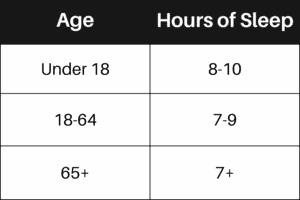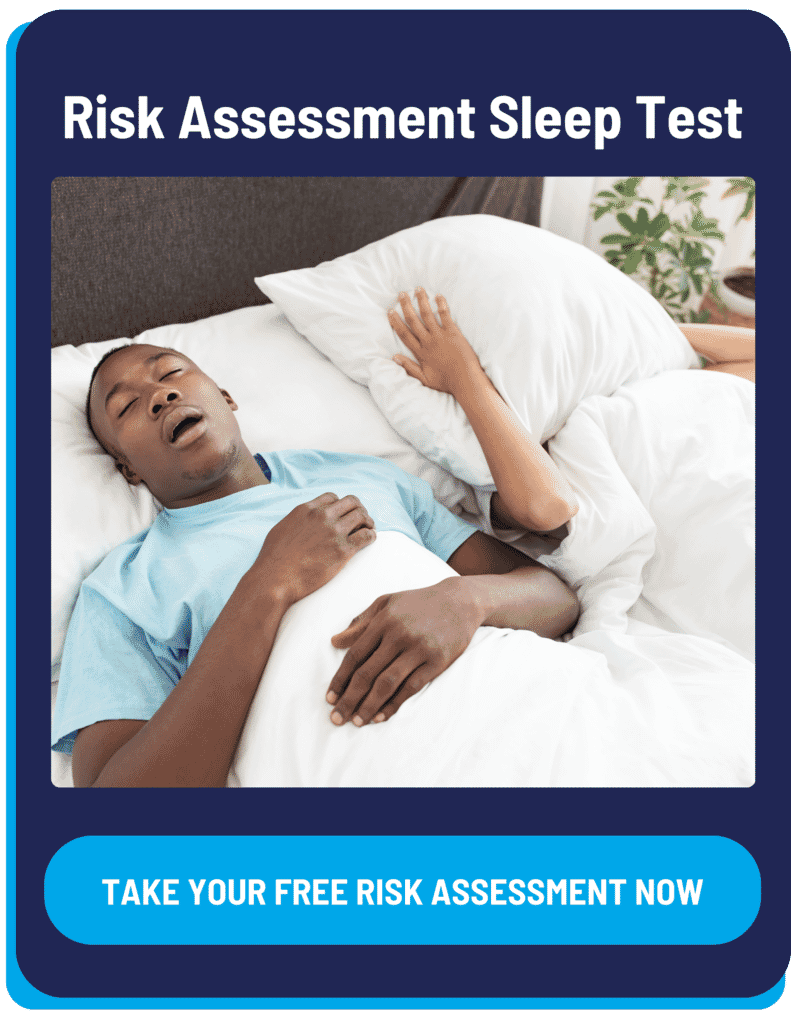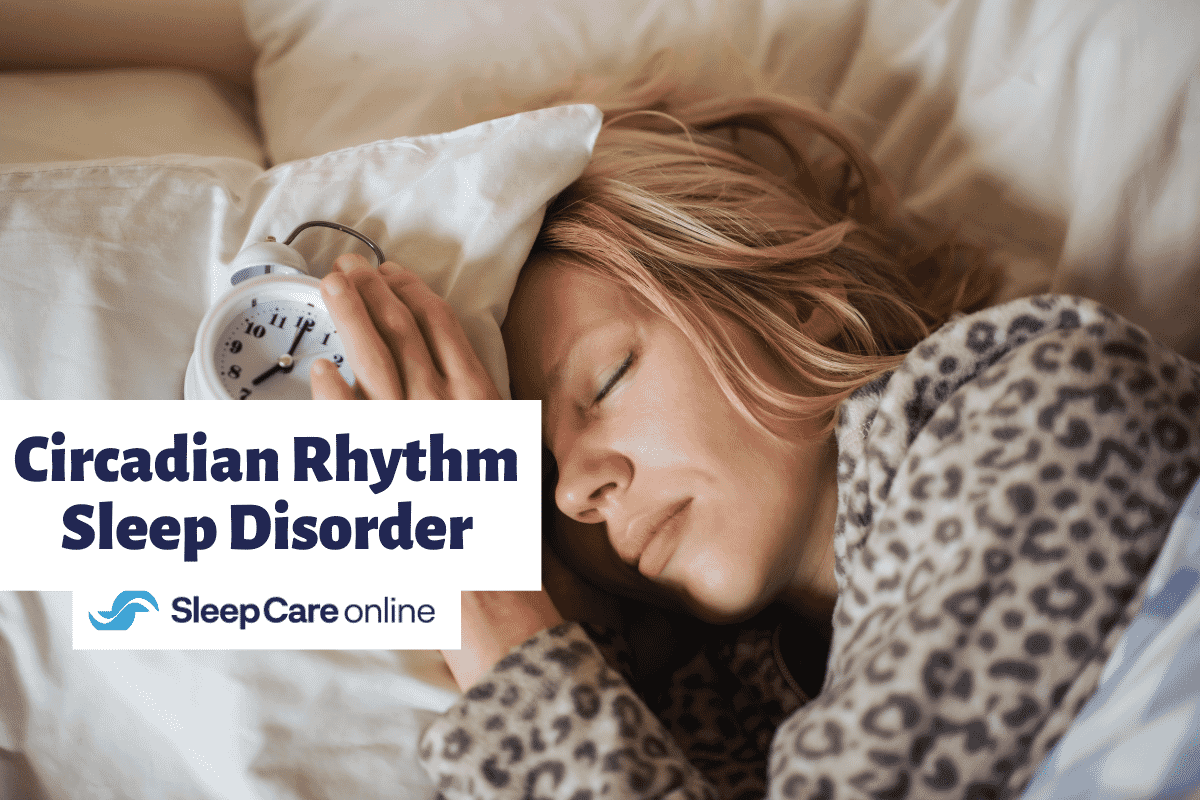Regardless of the sleep disorder that causes sleep deprivation, it does more than rob you of a good night’s sleep. It also has a wide-reaching economic impact. Sleep deprivation can cause lost productivity in the workplace, and put stress on the healthcare system, which can add up. See how money is lost when sleep is lost, and especially why sleep matters.
How Many Hours Do People Need to Sleep?
The amount of sleep differs depending on age and other factors. Here’s a chart showing the recommended hours of sleep needed by different age groups.
Why Does Sleep Matter? – Less Sleep Equals Less Productivity
Many employees in a workplace often have chronic deprivation. It is estimated that 1/4 of adults living in the United States suffer from insomnia. Many people also say they are always sleepy during the day. Insomnia, excessive sleepiness, and other sleep health issues increase the risk of illnesses like cancer, depression, and more. Sleep deprivation also decreases productivity in the workplace, as performance is motivated by mood. Because of this, lack of sleep can also contribute to accidents on the job, poor work behavior, and other negative effects.
Poor Sleep Costs You A Lot Of Money in Healthcare
With more people tired at work, the impact becomes widespread economically. Poor sleep is expensive for both the individual and companies and society overall. When people try to work through daytime sleepiness, fatigue, and exhaustion, some of the financial costs incurred include:
- Higher healthcare expenses for individuals and companies
- Lost productivity at work and home
- Increased accidents, especially while driving
- More short-term disability
- More missed days of work
- Lost income for the person
- Lost taxes paid to the government
What are the Health Problems Associated with Less Sleep?
Lack of sleep can have many effects on the body including the following:
Obesity
A hormone imbalance in the body can be created due to insufficient sleep. This hormone imbalance could lead to a person overeating or gaining weight. When a person isn’t getting enough sleep, the production of the hormones leptin and ghrelin, which are the hormones that regulate appetite, is altered. The result of these altered hormones increases a person’s hunger.
Being deprived of sleep also affects the growth hormone and elevates cortisol levels, which have been both proven to relate to obesity. The lack of sleep could also alter a person’s metabolism.
Health Problems
Insufficient sleep has been linked to the development and management of several chronic diseases and conditions, including cardiovascular disease, high blood pressure, increased risk of stroke, and even kidney disease. This is just a short list of the health concerns related to sleep loss. Sleep deprivation can also lead to depression and diabetes.
Depression
Depression and sleep problems are very closely related. For example, those who suffer from insomnia have a much higher risk of suffering from depression as well, compared to those who get an adequate amount of sleep. Additionally, it is estimated that 75% of those who have depression have a tough time falling and/or remaining asleep. Since depression is associated with sleep difficulties, sleep loss can result in a lessened amount of restorative slow-wave sleep, which is very important to overall health.
Diabetes
If you regularly get less than 7 hours of sleep per night, your diabetes could be harder to manage. Too little sleep can:
- Increase insulin resistance
- Make you hungrier the next day and reduce how full you feel after eating
- Make you more likely to reach for junk foods—those that are high in carbs and sugar
- Make it harder to lose weight
- Raise blood pressure and seriously increase the risk of a heart attack
- Make your immune system less able to fight infections
- Increase your risk of depression and anxiety
Relationship Between Sleep Apnea and Poor Sleep Health
Sleep apnea is a potentially serious sleep disorder in which breathing repeatedly stops and starts. You might have sleep apnea if you snore loudly and feel tired even after a full night’s sleep. Complications of sleep apnea can include:
- Daytime fatigue
- High blood pressure or heart problems
- OSA could increase the risk of heart attacks, strokes, and atrial fibrillation
- Type 2 diabetes
- Metabolic syndrome
Studies Related To Poor Sleep Health
Some studies have shown that getting less than 7 of sleep or more than 8 hours of sleep chronically can potentially cause a greater risk of death. Additionally, when someone has obstructive sleep apnea or insomnia, that adds even more of a risk of death.
Some research says that women could have a higher risk of mortality in relation to short sleeping durations. However, longer sleep duration has factors that can be associated with morality, including:
- fatigue
- stress
- OSA
- inflammation
Necessary Steps To Reduce The Cost Of Poor Sleep Health
Getting the healthy sleep you need starts by identifying if you have a sleep disorder. So, if you feel that you may have some of the symptoms of a sleep disorder like obstructive sleep apnea, you can take a simple home sleep apnea test.
The home test is followed up by an evaluation by sleep technicians who will determine whether or not you have sleep apnea and also prescribe treatment such as PAP therapy.
You can also make lifestyle changes and try to stick to a consistent sleep schedule to help you get the healthy sleep you need.
Key Takeaways
Sleep is a critical and often overlooked part of our health. Sleep deprivation can not only affect your health but also the economy. Deprivation also leads to poor productivity and a financial deficit that affects us all.
Take steps if you feel that you may be suffering from a sleep disorder such as obstructive sleep apnea. Speak to your doctor about sleep health and take the necessary tests to determine if a sleep disorder affects your life and health. Sleep Care Online is a simple, safe, and affordable way to get tested for sleep disorders from the comfort of your home. This comprehensive testing and treatment pathway is designed to seamlessly fit into our customers’ lifestyles.





